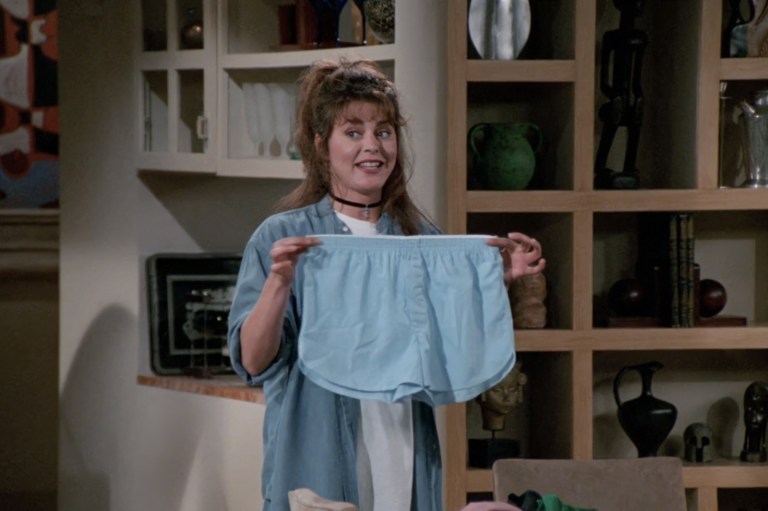
21 Things You Need To Know About Dating A Guarded Extrovert
Being “extroverted” and being “forthcoming” are two very different things that are not guaranteed to go hand-in-hand.

1. They internalize things more than you think. Because they are so fun-loving, they tend to brush off the little things easily, or so they would lead you to believe. But, in fact, just because they aren’t harping on minute details doesn’t mean things don’t bother them; they’re just internalizing.
2. Being “extroverted” and being “forthcoming” are two very different things that are not guaranteed to go hand-in-hand.
3. They always say “yes” to plans, but that doesn’t mean they don’t need time to process things. While they love to be surrounded by good people and fill their schedule with social engagements, when things are starting up between you and them, they will still need time to take a step back and breathe.
4. Mostly, they process things through talking to one go-to person. You imagine your favorite extroverts surrounded by a group of people, as opposed to having a meaningful one-on-one conversation. But even though they excel in a big group and give off the impression of being best friends with everyone, they still need time to talk things through when important things happen in their life.
5. Introducing you to their friends is really important to them — but it’s not the be all and end all. In the end, they want you to understand how much they have to offer outside what they offer their friends.
6. They like wine-and-couch nights too — if they’re with the right person.
7. Sometimes people assume that extroverts are the ones that are great at small talk because they’re the people who can make conversation with anyone and make anyone feel welcome. But, in all honesty, a guarded extrovert is good at small talk because they don’t feel like opening up to everyone. If they’re willing to open up to you, it means that you’re never going to be stuck in the small-talk-zone with them.
8. They don’t like to be pushed around. Just because they’re extremely confident, doesn’t mean they enjoy being unnecessarily teased. While they can appreciate a good joke, they’re more sensitive than you might think.
9. They’re the same person around you and around everyone else — full of life and energy — but your conversations together are completely different than those they have in group settings.
10. They aren’t afraid to do things by themselves because they know they can hold their own. But if they’re taking themselves out for a meal or to see a movie, sometimes it really is because they need to be on their own for the night.
11. Their confidence is one of the first things that will attract you to them. They exude confidence and yet somehow still feel approachable. However, the more you get to know them, the more you’ll realize that they still have humanizing qualities that shake their confidence.
12. They’re great at introducing you to people, but they don’t dominate the conversation. They want to let you do some of the talking.
13. When they encourage you to speak up, it’s not because they’re nagging you, it’s because they want to make sure they’re giving you time to ~~*shine*~~.
14. They know they’re an extrovert, but sometimes doubt it simply because there is an entirely other part of them that feels the need to protect themselves, get defensive, and just generally keep things in.
15. They sometimes get frustrated with the friends that just take them as a face-value extrovert and don’t realize that they have so many other layers.
16. While they’re someone who wants to make plans 85% of the time, some weeks they feel like they need to be more selective about social engagements simply because they’re feeling a bit “off” and don’t want to necessarily be surrounded by a mob of people.
17. They show their affection by random, small acts of kindness, rather than grand gestures because they don’t feel comfortable coming off too strong.
18. They have trouble admitting when they need help because it’s sometimes hard for them to show their vulnerability. Because people assume that they have their shit ~~soOOoo together~~, it stings their pride a little to admit that they, too, need help every once and a while.
19. If they do admit that they need your help, it shows that they’re becoming much more willing to trust you. So you must’ve done something right.
20. They have been hurt before, but most people (other than their very close friends) don’t know much about what really happened. Don’t pump them for information. Let them open up to you when they’re ready.
21. They are real — always themselves — never fake. They just might not be exposing their whole self right away. But they will if you give them some time. ![]()











